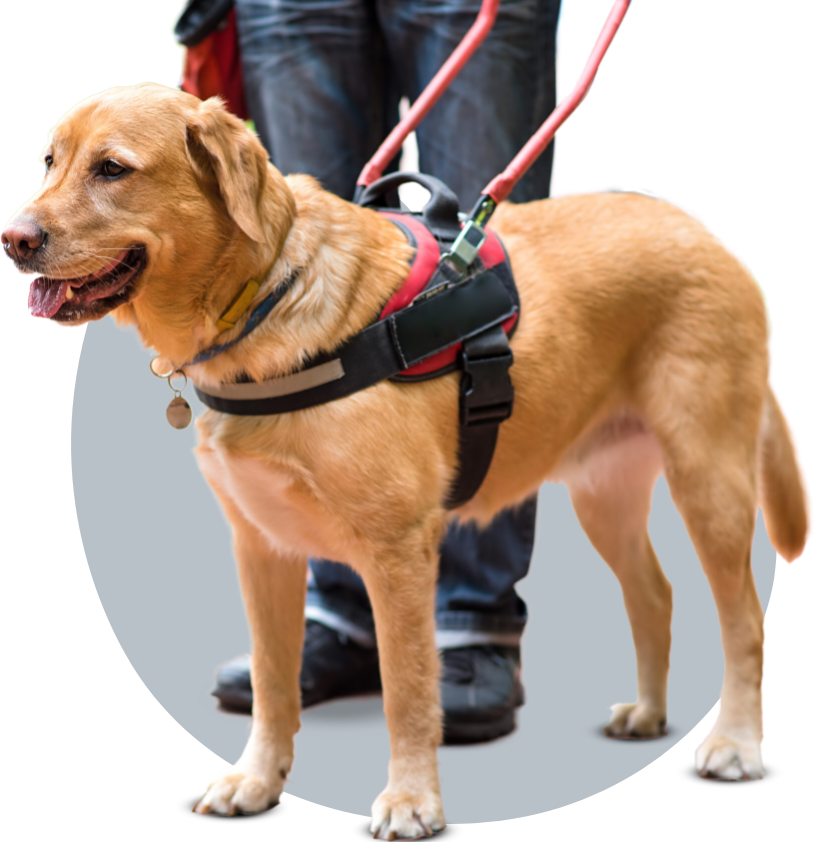Since 1995, we have actively trained, facilitated, and worked with service dogs, emotional support animals, therapy animals, and drug detection animals. We first operated in southeast Tennessee, working closely with various county justice and sheriff’s departments training and coordinating the use of drug detection animals. It didn’t take long to become aware of the profound need for service dogs and emotional support animals to help people with physical and emotional impairments. These impairments or disabilities included people with balance problems, hearing difficulty, depression, anxiety, diabetes, asthma, panic disorders, seizures, and many more.

As important as training these service dogs was (and the positive impact the animals had on people in need), we came to understand that the public doesn’t know much about the protections of federal laws – or even the critical need for a service dog or emotional support animal. Being disabled and having an animal that helped with the daily functions of a person didn’t mean the service dog would be allowed to accompany him/her when needed without confrontation or long explanation. And because emotional support animals needed no task-specific training, trying to convince property managers and airline companies that you are a disabled person who needs your emotional support animal with you can be next to impossible.
The light bulb switched on for CFO Denise Livingood when she was first confronted in an Oregon state park by a park ranger. You see, she looked perfectly healthy, despite having a disability, and her service dog had no ID card, identifying patches, or apparel.
Arms folded tightly across his forest green vest, the park ranger refused to let Denise and her dog into the park’s restroom because state law prohibits pets in state park restrooms. It took several minutes to convince the park ranger that her small dog was, in fact, a trained service dog. After a few similar encounters, explanations, and arguments, it was clear that having her dog wear an official ID card and vest with service dog patches would prevent most of these embarrassing confrontations. The rest, as they say, is history. And that’s ours!

Don't miss out on the legal benefits of registering
your pet through NSAR service
